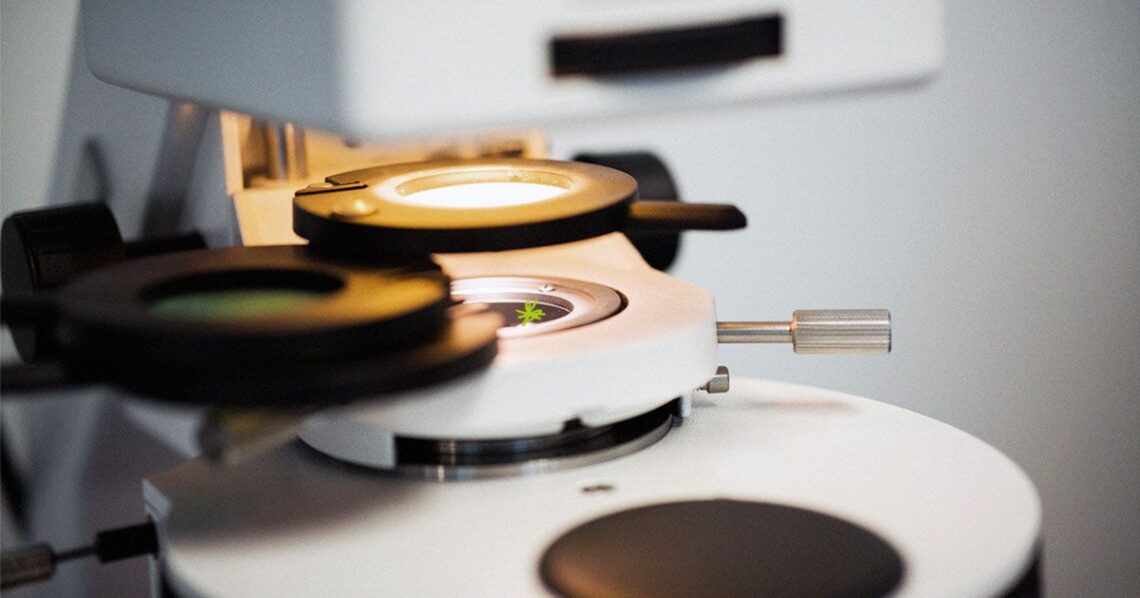- With an aging population worldwide, neurodegenerative diseases, such as dementia, are an increasing problem.
- Although there are treatments for neurodegenerative diseases, these generally alleviate symptoms, rather than changing the course of the disease.
- Now, research has found that a protein that regulates cell repair could be a promising new target for treating several of these conditions, including the most common, Alzheimer’s disease.
In the United States, an estimated 6.9 million people aged 65 and over are living with Alzheimer’s disease, and around a million have Parkinson’s. ALS is less common; the CDC estimates that around
Current treatments can alleviate symptoms and some slow the progression of the diseases, but no cures are yet available. New monoclonal antibody treatments for Alzheimer’s have shown some potential for modifying the course of the disease, but many experts are concerned about side effects.
In the search for new therapies, research from Penn State University has identified a group of proteins that could be a target for new treatments for Alzheimer’s and other neurodegenerative disorders.
The researchers, who have a patent related to this work, found that reducing the function of heparan-sulfate-modified proteoglycans (HSPGs) helped reverse cell damage from neurodegenerative diseases.
Their study is published in
“This is interesting research which shows how cells might be protected from the effects of genetic mutations that cause Alzheimer’s disease. However, as it has only been shown in fruit flies and human cells from outside of the brain, it’s hard to say just how relevant the findings are at the…
Read the full article here







